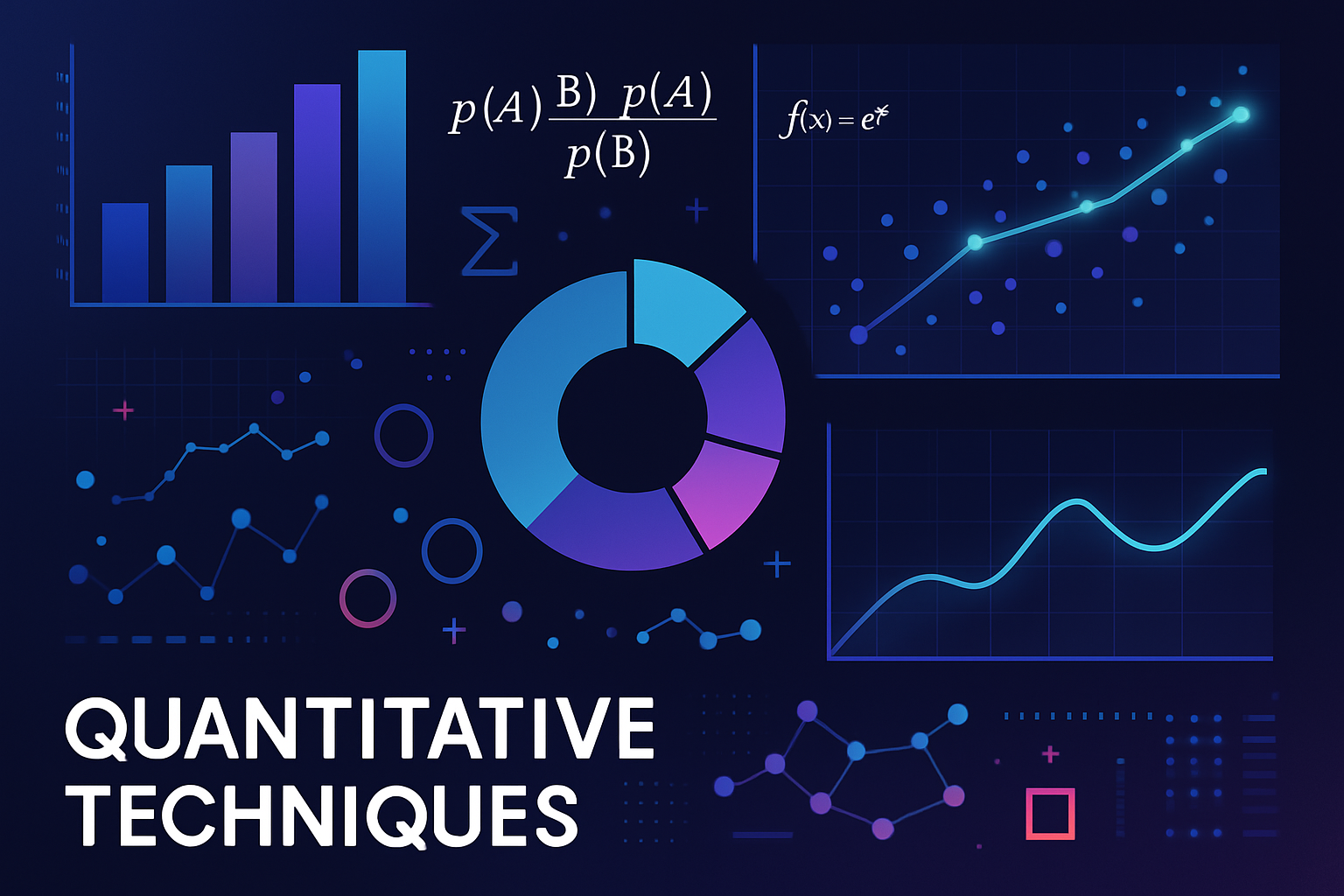
- Teacher: Admin User
Moodle is an open-source Learning Management System (LMS) that provides educators with the tools and features to create and manage online courses. It allows educators to organize course materials, create quizzes and assignments, host discussion forums, and track student progress. Moodle is highly flexible and can be customized to meet the specific needs of different institutions and learning environments.
Moodle supports both synchronous and asynchronous learning environments, enabling educators to host live webinars, video conferences, and chat sessions, as well as providing a variety of tools that support self-paced learning, including videos, interactive quizzes, and discussion forums. The platform also integrates with other tools and systems, such as Google Apps and plagiarism detection software, to provide a seamless learning experience.
Moodle is widely used in educational institutions, including universities, K-12 schools, and corporate training programs. It is well-suited to online and blended learning environments and distance education programs. Additionally, Moodle's accessibility features make it a popular choice for learners with disabilities, ensuring that courses are inclusive and accessible to all learners.
The Moodle community is an active group of users, developers, and educators who contribute to the platform's development and improvement. The community provides support, resources, and documentation for users, as well as a forum for sharing ideas and best practices. Moodle releases regular updates and improvements, ensuring that the platform remains up-to-date with the latest technologies and best practices.
Links of interest:

This course provides a comprehensive exploration of public finance and fiscal policy, focusing on how governments manage revenue, expenditure, and debt to influence economic stability and growth. You’ll dive into key concepts such as taxation, public spending, budget deficits, and fiscal sustainability while examining their impact on individuals, businesses, and the broader economy. Through a blend of theoretical insights and real-world case studies, you’ll gain a deep understanding of how fiscal policies shape economic outcomes and address societal challenges like inequality and unemployment.
The course is designed for students, professionals, policymakers, and anyone interested in economics, public administration, or financial governance. No prior knowledge of public finance is required—just a curiosity about how governments use fiscal tools to drive economic progress. Join us to enhance your analytical skills and apply fiscal policy principles to contemporary issues.